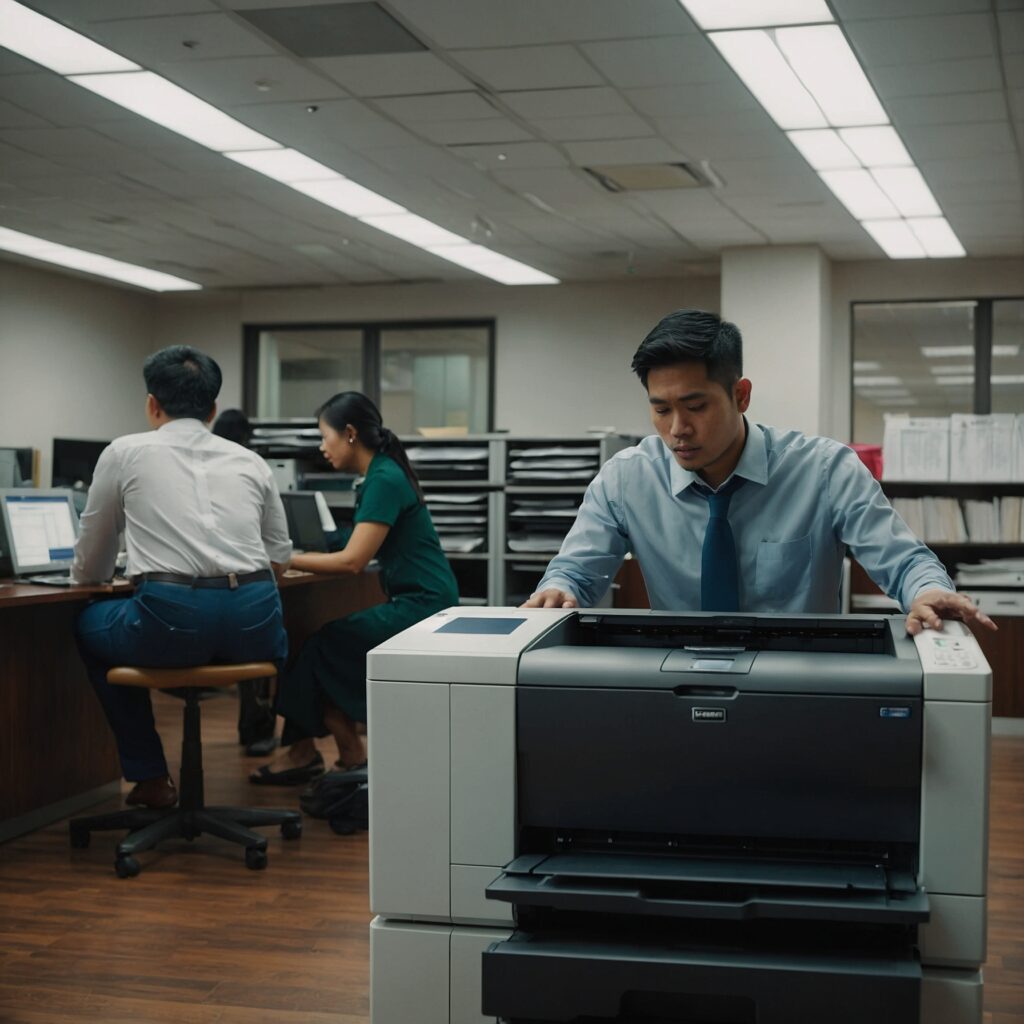
Common Clauses in Rental Agreements: What You Need to Know Before Signing
When entering into a rental agreement—whether for an apartment, equipment, or printer rental contracts—understanding the common clauses in rental agreements is essential. These clauses outline the rights, responsibilities, and expectations of both the renter and the provider. Failing to review and understand these terms can lead to misunderstandings, disputes, or unexpected costs down the line.
In this blog post, we’ll break down the most common clauses in rental agreements, explain their purpose, and provide practical tips to help you make informed decisions. Whether you’re leasing a copier for your office or entering a long-term rental for equipment, this guide will give you clarity and confidence.
1. Rental Term and Duration
This clause specifies the start and end date of the rental period. It may also outline whether the contract is:
Fixed-term (e.g., 12 months)
Month-to-month
Automatic renewal
For businesses considering printer rentals, understanding the implications of contract length—short-term vs. long-term can influence your flexibility and cost. Learn more about that here:
👉 Contract Length: Short-Term vs. Long-Term
2. Payment Terms
This section includes:
Monthly rental fees
Due dates
Accepted payment methods
Late payment penalties
For printer rentals, payment terms often include bundled services like maintenance and toner replacements, which can affect overall costs. Be sure to clarify if prices are fixed or subject to change mid-contract.
3. Security Deposit
Rental agreements often require a security deposit to cover potential damages or unpaid dues. This clause should outline:
The amount required
Conditions for refund
Timeframe for returning the deposit
Always get a receipt and ensure the agreement details how the deposit will be handled.
4. Termination Clause
A termination clause outlines the conditions under which either party can end the agreement early. It typically includes:
Required notice period (e.g., 30 or 60 days)
Valid reasons for termination
Early termination penalties or fees
This clause is especially important in printer rental contracts, where businesses may need to scale operations. For detailed insights, read:
👉 Termination Clauses in Printer Rental Contracts
5. Renewal Terms
Some agreements automatically renew unless canceled within a specific timeframe. Others require manual renewal. This clause should explain:
Renewal frequency
How notice must be given
Any changes in terms upon renewal
Avoid surprises by checking if auto-renewal is in place. If not, mark your calendar with the contract’s expiration date.
To explore this further, visit:
👉 Renewal Terms for Printer Rentals
6. Responsibilities for Maintenance and Repairs
Who handles maintenance, repairs, or servicing during the rental period? This clause should outline:
Lessee’s responsibility (minor fixes or proper use)
Lessor’s responsibility (malfunction repairs, replacements)
Response time for service
When it comes to copier and printer rentals, service level agreements (SLAs) are essential. Ensure that warranty and service agreements are clearly defined. Learn more:
👉 Warranty and Service Agreements
7. Usage Limitations
This clause may place restrictions on:
How the equipment can be used
Where it can be used
Who is authorized to operate it
For example, a printer rental contract might limit monthly page output or prohibit third-party maintenance. Misuse could lead to penalties.
8. Liability and Insurance
Liability clauses state who is responsible for damage, loss, or theft. In equipment rentals, this is crucial. You may be required to:
Obtain insurance
Cover costs for accidental damage
Pay for losses not due to normal wear and tear
Get a full understanding of your liability here:
👉 Understanding Liability in Printer Rentals
9. Penalties and Fees
Additional charges are often buried in the fine print. This clause lists:
Late payment penalties
Damage fees
Reinstallation or relocation costs
Exceeding usage limits (e.g., pages printed)
These costs can add up quickly if not anticipated. Be proactive—review this section carefully and check this guide for reference:
👉 Penalties and Fees in Printer Rental Contracts
10. Customization and Add-ons
Many providers offer customizable contracts to match your business needs. This may include:
Equipment upgrades
Flexible payment plans
Bundled IT support or toner supply
Ensure any custom terms are included in the written contract. You can explore how businesses tailor their printer rental agreements here:
👉 Customizing Printer Rental Contracts
11. Upgrade and Replacement Policies
If your rental includes tech like printers or copiers, make sure the agreement includes:
Upgrade options (e.g., every 12 months)
Replacement policies for outdated or defective equipment
Cost-sharing arrangements
For more insights, read:
👉 Printer Upgrades in Rental Contracts
12. Industry-Specific Clauses
Certain industries may require special terms based on volume, compliance, or confidentiality. Healthcare, law firms, and finance sectors often need:
Data security clauses
Volume guarantees
Fast replacement terms
Discover how industry needs shape contracts here:
👉 Industry-Specific Rental Contract Considerations
Why You Should Read the Fine Print
Even if the rental seems standard, always read through the full contract. Many disputes stem from clauses that tenants or lessees overlook. If a term seems unclear, ask for clarification or legal advice.
To explore real-world examples of how contract terms impact businesses, browse:
👉 Case Studies: Printer Rental Contracts
Final Thoughts
Understanding the common clauses in rental agreements is more than just a formality—it’s a protection for your rights, time, and money. Whether you’re renting a copier for your growing team or equipment for your next project, take time to review each clause before signing.
The key takeaway? Never skip the fine print. Know what you’re agreeing to—and if needed, negotiate terms that work better for you.
Related Resources:
